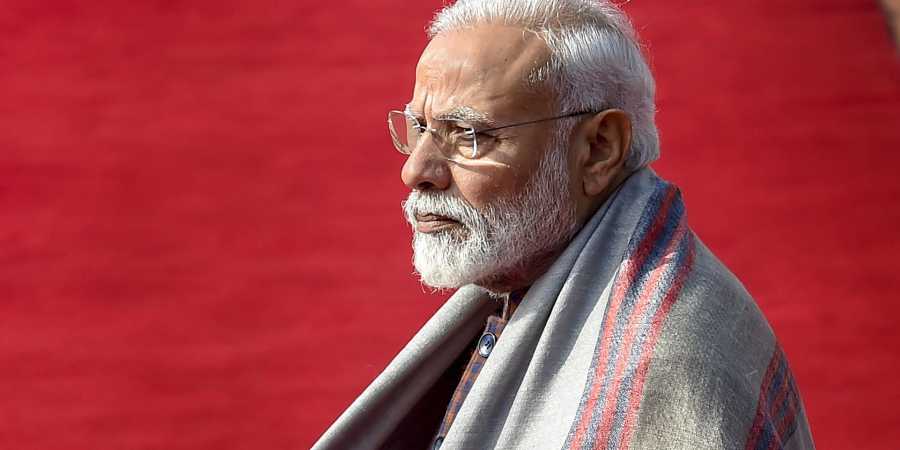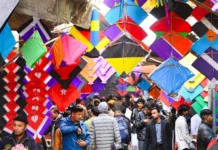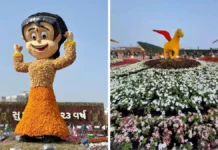NEW DELHI: It was the contribution of men like Swami Vivekananda and Rabindranath Tagore that helped the country’s cultural heritage remain unaffected by years of colonialism and external attacks, Prime Minister Narendra Modi said on Monday.
Speaking at the “Tagore Award for Cultural Harmony” event here, Modi said India’s multi-dimensional heritage was well reflected in the works of the first Indian Nobel laureate.
“India has thousands of years of cultural heritage, which has remained unaffected by a long period of subjugation and attacks by external forces. It has been possible because of the contribution of learned men like Swami Vivekananda and Gurudev Rabindranath Tagore.
“Gurudev recognised this strength of India and absorbed its diversity in his Rabindra Sangeet. Rabindra Sangeet has all the colours of our country and it is not bound by a language. He recognised the folk arts and traditional dances as indicative of the Indian culture,” Modi said.
Tagore was the first Indian to receive the Nobel Prize in 1913.
President Ram Nath Kovind conferred the Tagore Award for Cultural Harmony on Manipuri dancer-choreographer Rajkumar Singhajit Singh, Bangladeshi cultural organisation Chhayanaut and eminent sculptor Ram Vanji Sutar — known for the Statue of Unity — for the years 2014, 2015 and 2016 respectively.
The awardees, selected by a committee headed by the prime minister, received an amount of Rs one crore each, a plaque and an exquisite traditional handicraft item.
Underlining the contributions of the award winners, the president said Rajkumar Singhajit Singh is one of our greatest exponents of Manipuri dance.
“He has bridged this age-old art form of Manipur with not only modern sensibilities but with other parts of the country. Chhayanaut is an organisation that has promoted and preserved the works and philosophy of Rabindranath Tagore in Bangladesh. And Ram Vanji Sutar is a sculptor and scholar who represents an art tradition that goes back thousands of years to our ancient past. These days he is most well-known for the Statue of Unity,” he said.
Kovind added that the award celebrated the “Indian traditions of culture and our civilisational wealth”.
“…whether in literature or music, art or drama, sculpture or handicrafts, design or digital art — each region in our country has a distinct cultural identity. Yet, in its essence, culture does not divide, it unites and harmonises all of India and all of humanity.
“All three of our award winners are not just emblems of the plural and singular beauty of India’s culture and cultural harmony, but are also linked to the life and brilliance of Rabindranath Tagore. I am confident that the beauty of cultural harmony and the brilliance of Tagore will continue to help define our national life and our engagement with the world,” the president said.
The first Tagore Award for Cultural Harmony was conferred on sitar maestro Ravi Shankar in 2012, followed by conductor of western and Indian classical music Zubin Mehta in 2013. PTI







